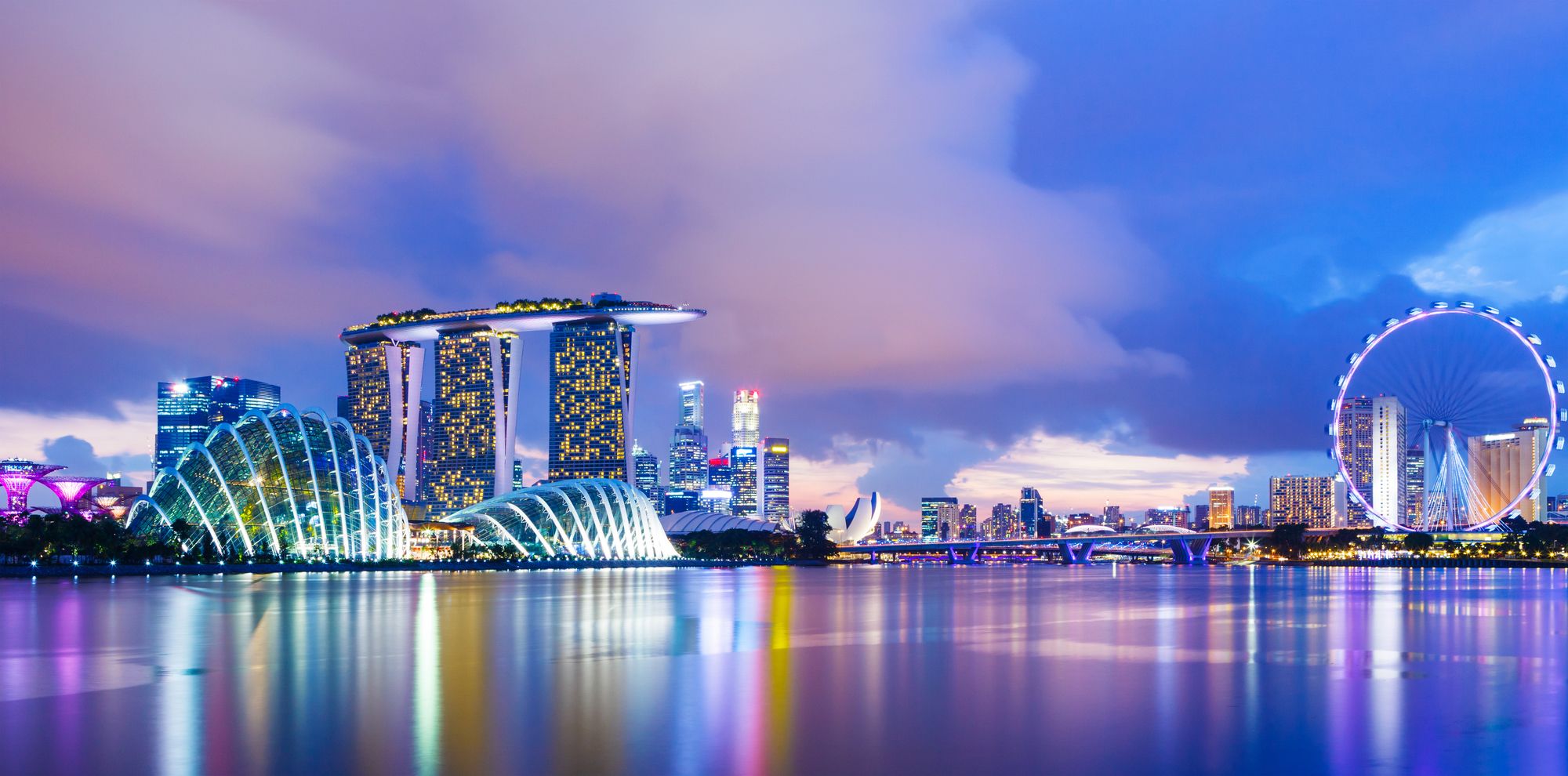What are the factors that make the economy in Singapore tick?
Every year, the robust Singapore economy drives thousands of professionals to its country. However, what are the factors that make the economy in Singapore tick?
Singapore is a major financial hub in the Asia Pacific region and has long earned a reputation as one of the worlds’ most advanced economies. Singapore was ranked as the world’s second most open economy and most pro-business regime in 2017.
Even though Singapore has a lack of natural resources and a small domestic market, it successfully weathered through the financial crises of 1997 and 2008. Today, Singapore’s economy is one of the most stable in the world as it has no foreign debt, high government revenue and a consistent positive surplus.
Singapore has the world’s busiest cargo seaport and the economy is mainly driven by financial services, tourism and exports in electronics manufacturing and machinery.
Which Singapore industries drive the economy?
The largest industry in Singapore is the manufacturing sector as it contributes 20-25% of the country’s annual GDP.
Some key industry clusters in Singapore’s manufacturing includes chemicals, biomedical, electronics, sciences, logistics and transport engineering. Manufacturing sector grew by 35% in the third quarter of 2017, allowing clusters like precision engineering and electronics to benefit from high demand.
Subsequently, Singapore’s financial services industry has enjoyed stable growth due to Singapore’s pro-business environment and political stability. Singapore’s financial services are a regional hub of choice for many global financial services firms and are home to over 200 banks. It also facilitates the transfer of processes, knowledge, technology and skills between different markets.
Medical technology, aerospace engineering, clean energy, healthcare, and content development are other industries that make important contributions to Singapore’s economy.
What natural resources does Singapore have?
Despite having no significant natural resources, Singapore did not stop itself from developing into a regional hub for oil and gas. It is also a world leader in sustainable water solutions and projects such as NEWater and the Deep Tunnel Sewerage System.
In a growing economy, Singapore’s true natural resource is its people and as the economy grows, both local and non-local companies have an access to a huge pool of an educated workforce and eventually an increasing consumer market..
How is Singapore’s infrastructure development?
Singapore was a commercial and military seaport during the British colonial era and Singapore has always been well-developed. In 1965, Singapore gained independence and the post-colonial government also improved and expanded the country’s transport, communications, industrial and housing systems. Singapore has wide bus, taxi and ride-sharing operations that makes it safe, efficient and punctual.
Changi International Airport is connected to 380 cities in 90 countries and also handles more than 7,000 weekly flights that transport passengers and cargo worldwide. Singapore port also gives shippers a choice of over 200 shipping lines access to 600 ports in 123 countries. Therefore, it is the busiest container port in the world which can dock 1,000 ships.
Singaporean has at least 1.5 phones per person making Singapore one of the world’s highest mobile penetration rates, and more than 90% of Singaporean households have access to internet. There is an also island-wide Wi-Fi available at common places.
Industrial and commercial facilities are also readily available as there are over 47.7 million square meters of industrial space that can be used. Commercial businesses also have the choice of world-class high-rise and low-rise offices in the Central Business District.
What is Singapore’s current Gross Domestic Product (GDP)?
Singapore’s GDP at current market prices stands at S$107 billion for the third quarter of 2017. Singapore’s economy also grew by 5.2% during this period which is the fastest it has grown in more than three years.
Singapore has sustained growth in the manufacturing industry and broaden out to other industries such as services and retail due to the recovery of global trade and an improving labour market.
Singapore’s economy is likely to expand at a steady, but slightly slower pace in 2018 as estimated by the Monetary Authority of Singapore.
Does the Singapore government have any public debt?
Since 1995, Singapore government has maintained zero foreign debt. In the third quarter of 2017, the total outstanding government borrowing was S$496 billion which is the domestic debt and it comprises of registered stocks and bonds, treasury bills and advance deposits.
Nonetheless, Singapore fiscal strength is not affected by it as the Singapore government borrows to invest, and the return on investment generated makes up for the difference.
Singapore government has a strong balance sheet with its assets outweighing its liabilities as they implement strategic debts alongside with strong asset protection, robust economic growth and prudent macroeconomic policies.
What are the main sources of revenue for the Singapore government?
Total revenue of Singapore’s government is estimated at S$69 billion as the third quarter of 2017. Singapore earns its revenue mostly from taxes, property, excise and custom duties, as well as GST. Other revenue also include government property rental, license and permit fees, fines and forfeitures, as well as capital receipts from the sale of capital goods.
What is Singapore’s current trade strength?
Singapore has an export to import ratio of 1.16: 1 and it traded S$870 billion worth of goods in 2016. Singapore is also the world’s 14th largest exporter and 17th largest importer.
Main exports include refined petroleum, integrated circuits, computers and semiconductor devices. Singapore’s primary export/import partners are China, Malaysia, United States and it exported S$466.91 billion worth of goods in 2016. It also imported S$403.3 billion worth of goods in 2016 which consists of gas turbines, computers and the exported products.
Build your career in a secure, stable economy
Singapore is the go to country to grow your career as it was ranked the third wealthiest nation in the world and has enjoyed high rates of foreign direct investments.If you are interested in incorporating a company, please refer to A.1 BUSINESS.


